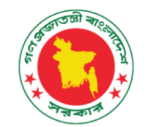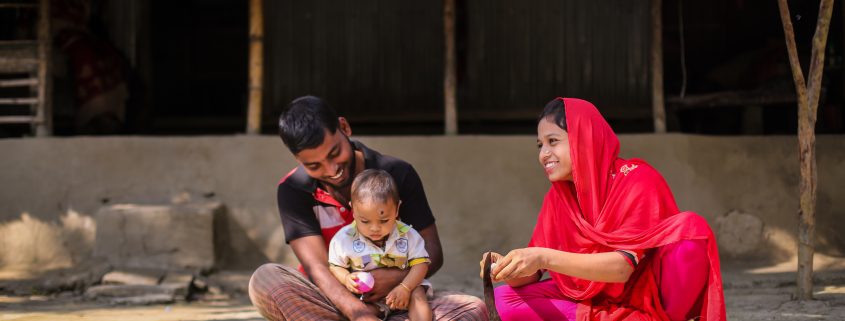Student from Kaliganj talks about life skills training from USAID’s Nobo Jatra
Empowering health and nutrition entrepreneurship in southwest Bangladesh
Hossen talks about his experience visiting USAID’s Nobo Jatra activities
Christin talks about her experience visiting USAID’s Nobo Jatra activities
Southwest Bangladesh: Community Savings Groups Play a Crucial Role during the COVID-19 Crisis
/by Farzana TabassumNobo Jatra Photo Gallery
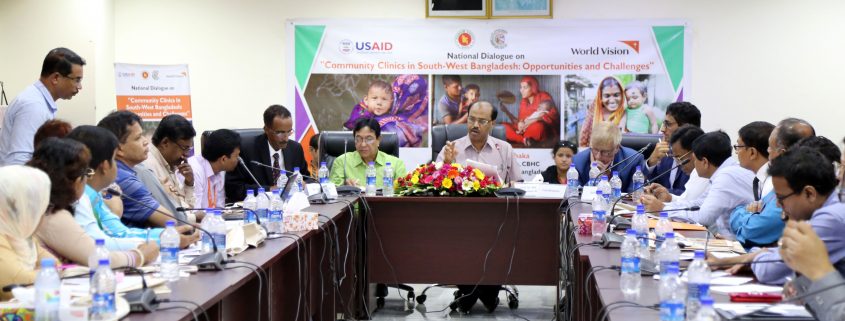
National Dialogue on Opportunities and Challenges of Community Clinics in south west Bangladesh hosted by World Vision Bangladesh and CBHC, 11 September 2019
‘The Community Based Health Care of the Government of Bangladesh commit to working with World Vision Bangaldesh to meet and agree on the way forward to address the major gaps in community clinics in south west Bangladesh. We commit to replicate recommendations from World Vision’s work with community clinics across the country.’
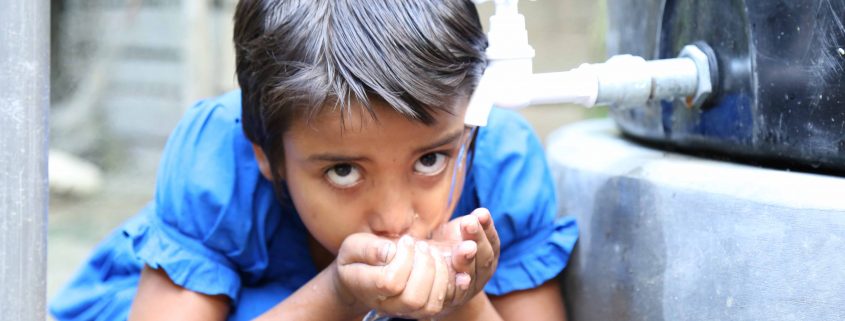
Access to basic drinking water is a pervasive challenge in south west Bangladesh. Rain water harvesting systems are environmentally sound and enable extreme poor households to have a safe drinking water source that they are able to maintain in the long term. To reinforce hygiene practices, Nobo Jatra also provides SBCC messages to households.
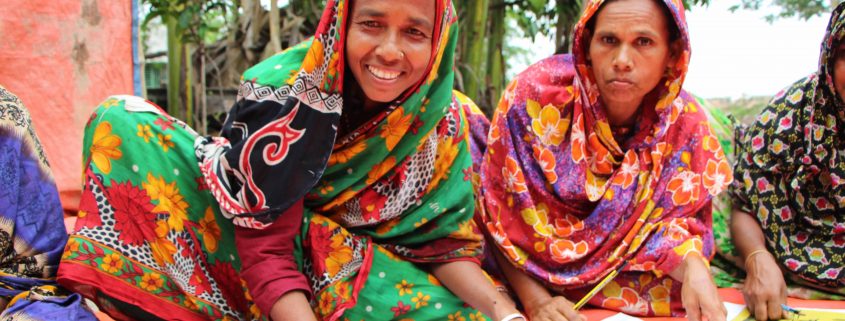
Morjina, a single parent with two young daughters, attends weekly entrepreneurial literacy sessions led by Nobo Jatra to develop skills and confidence to establish a small business. Nobo Jatra empowers women like Morjina to strengthen and diversify livelihoods, increase assets and earn sustainable income.
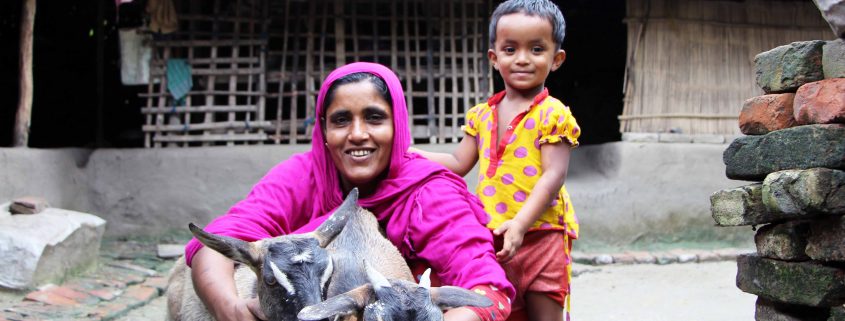
Having completed 9 months training to build literacy and business skills, Nargis, an Ultra Poor Graduation participant, has now established goat rearing as her chosen income generating activity. Nobo Jatra creates pathways out of poverty for 14,000 extreme poor households in south west Bangladesh.
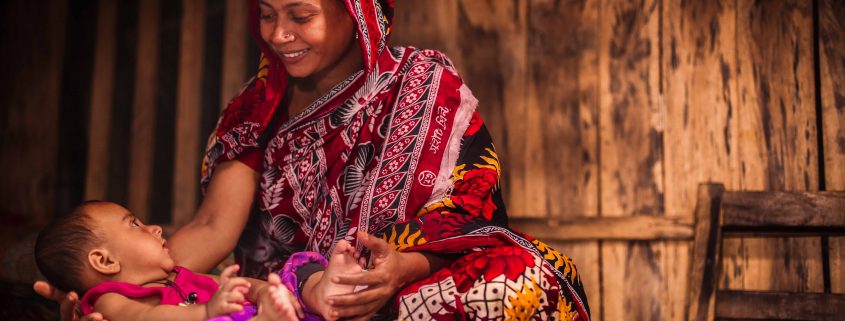
Aysha Siddika the mother of Monira who is only 2 month and 8 days baby girl. Aysha is a CCT mother. Area: Bazargram, Kaliganj, Shatkhira.
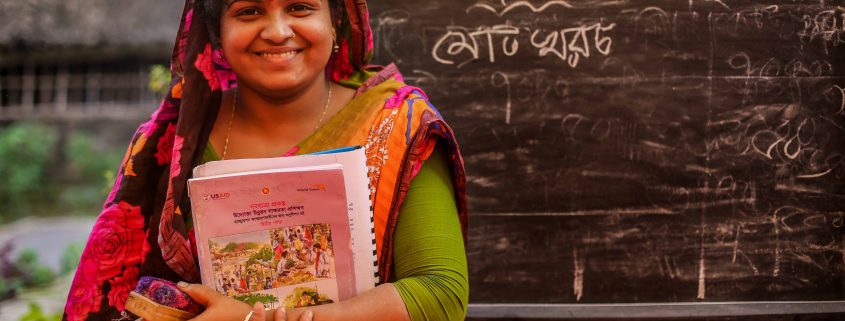
Raju Bala, a trainer appointed by Nobo Jatra for entrepreneurial literacy session. She tech house wife’s how can they earn money besides their household works. Area, Shyamnagar.
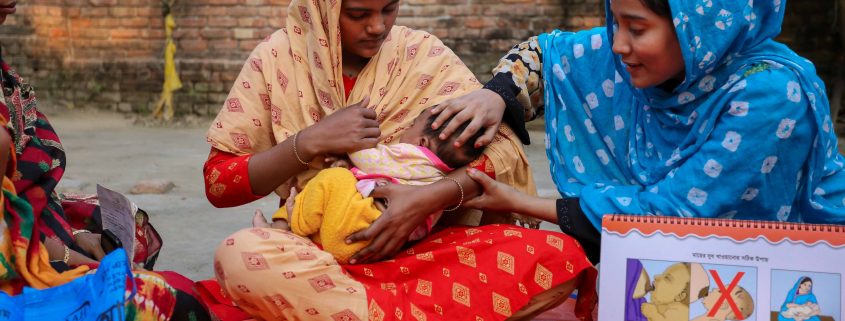
Proper breastfeeding techniques are shown by Hira appa. More than 20 young mothers and 3-4 pregnant women’s are joining this session every week. And this session held in Bazargram, Kaliganj under Nobo Jatra, world vision projects.
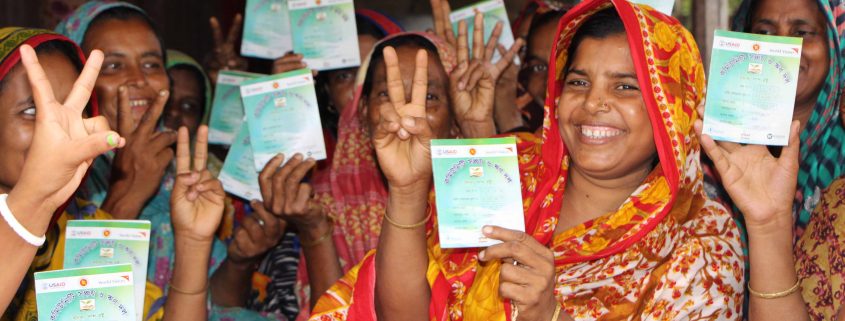
To foster long term financial inclusion and strengthen resilience capacities, Nobo Jatra establishes savings groups for women in extreme poverty. Participation in savings groups also provides more opportunities for women to diversify income generating activities and engage in markets.
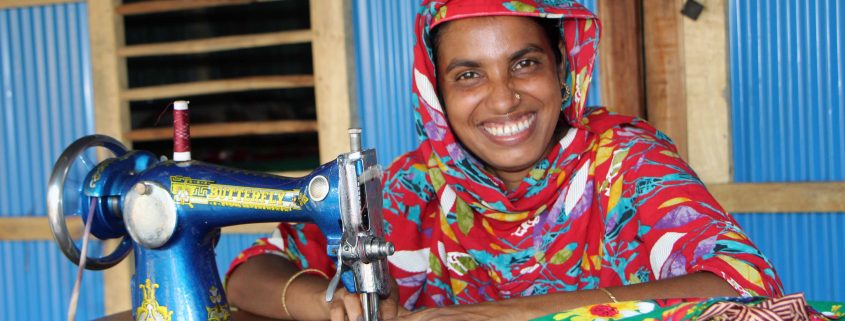
Farzana, has completed a tailoring course and established a thriving business stitching clothes in her village. To attain sustainable employment, Nobo Jatra works with 18,000 extremely poor participants over 90% of whom are female, helping them acquire skills required for income generation.
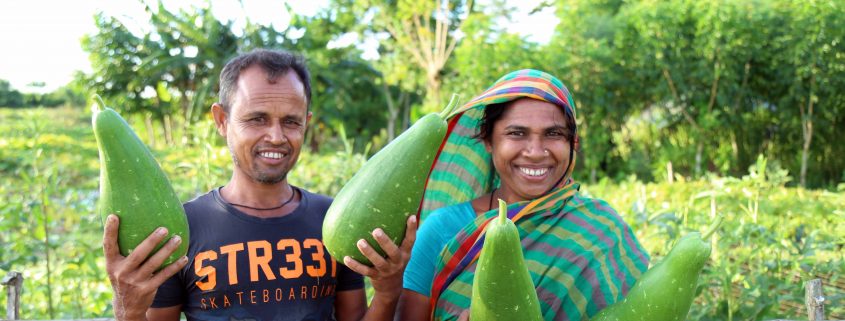
To overcome decreasing productivity due to salinity, Provash, and Suchitra, both lead farmers, use tall dikes to grow bottle gourd. Through training from Nobo Jatra, Provash and Suchitra learned to maximize production by cultivating vegetables and fish simultaneously, which they are able to sell through collection points, linking him to broader value chains.
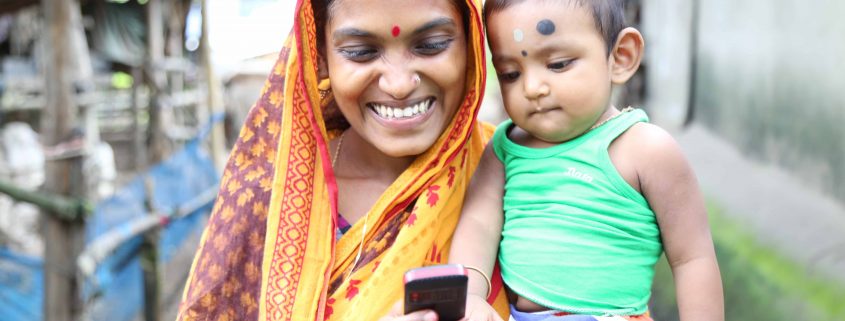
Through her mobile phone, Smriti, a young mother checks her e-wallet and finds that she has received a conditional cash transfer of $27. To improve nutrition and reduce stunting, Nobo Jatra provides digital cash transfers for 15 months to over 23,000 pregnant and lactating women with chronic food insecurity living under the lower poverty threshold.
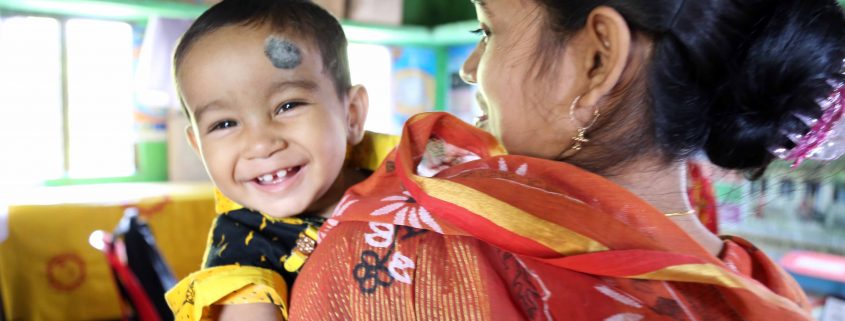
Jomuna Mondol, a young mother visits a community clinic regularly with Mugdho, her 1 year old son to attend Growth Monitoring and Promotion sessions and receive counselling on nutrition. Through a dedicated cadre of frontline volunteers, Nobo Jatra builds the capacity of Government health staff to establish community clinics as a one stop shop for primary health care in rural south west Bangladesh.
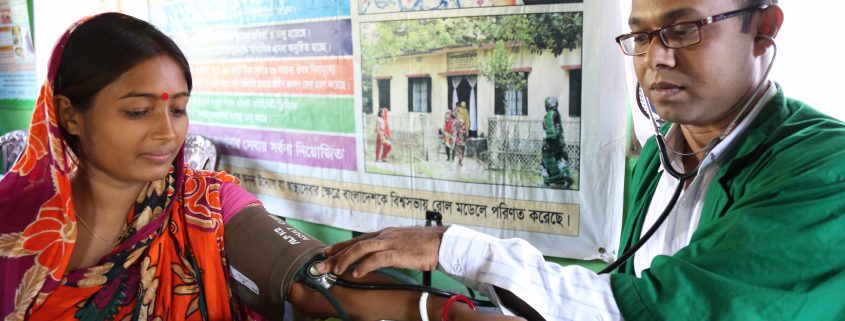
Since the Khona Khatail community clinic has been a part of Nobo Jatra’s Citizen Voice and Action work, Prodipto Sarker, a Community Health Care Provider, sees 50 patients a day, provides nutrition counselling and gives out iron folate and vitamin A supplements. Nobo Jatra strives to improve quality primary health care services in south west Bangladesh.
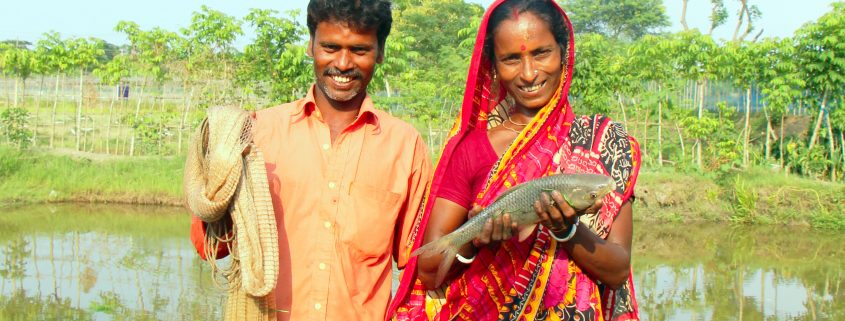
Chondona and her husband Paritosh catch fish from their pond to feed their children and also sell at the local market. Through training from Nobo Jatra, Chondona uses improved fish seed and also cultivates nutritious small fish. To improve health and nutrition, Nobo Jatra supports the adoption of practices that are climate resilient and cost effective.
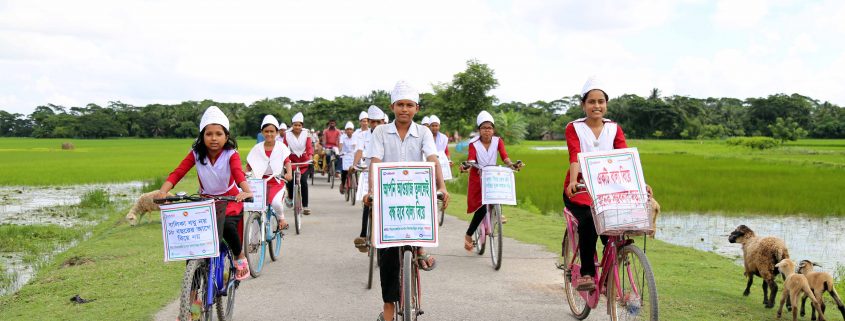
Adolescent school children are important champions of Nobo Jatra’s “Marriage not before 18’ campaign. Through cycle rallies, community theatre and Life Skills Based Education, adolescents are empowered to sensitize communities on the risks of child marriage and reaffirm the message that child marriage is illegal, unacceptable and poses serious health risks.
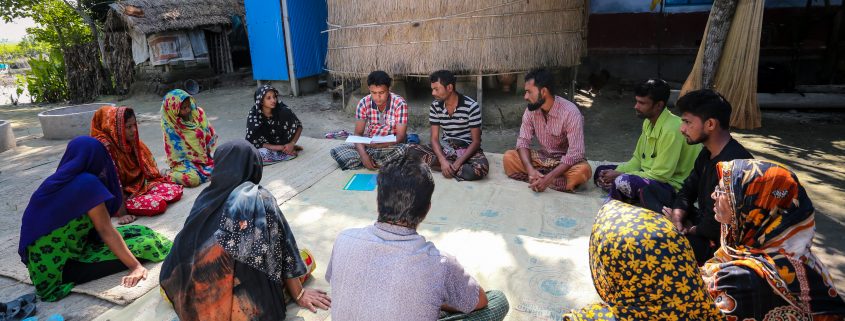
Village Development Committee (VDC) monthly meeting organized by Mr. Anis, who is the head of Khatail Village Development Committee. Supported by USAID and Nobo Jatra. Place: Pankhali, Dacope, Khulna.
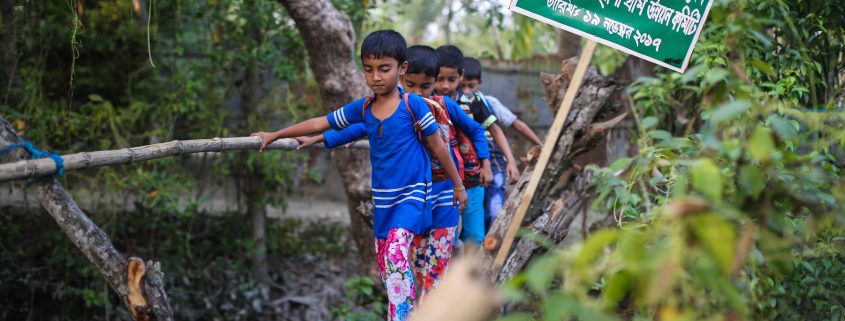
Children’s are using a bridge to cross the canal which is installed by the Barukhali Village Development Committee in Dacope, Khulna.
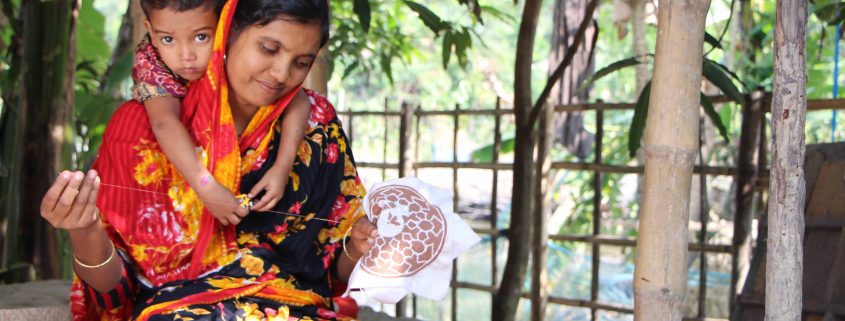
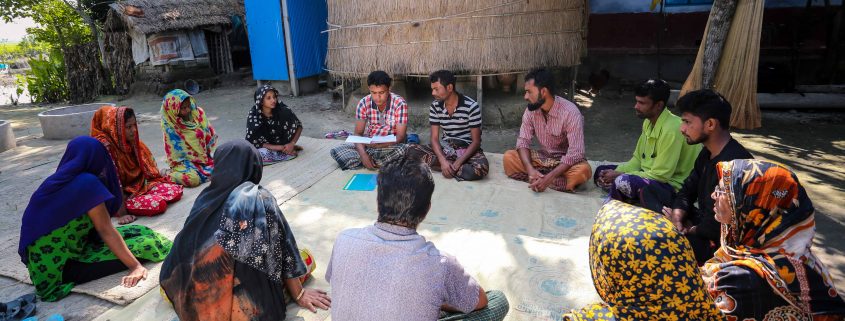
Village Development Committee (VDC) monthly meeting organized by Mr. Anis, who is the head of Khatail Village Development Committee. Supported by USAID and Nobo Jatra. Place: Pankhali, Dacope, Khulna.
Interesting links
Here are some interesting links for you! Enjoy your stay :)World Vision Bangladesh
Address
Abedin Tower (2nd Floor)
35, Kemal Ataturk Avenue
Banani, Dhaka 1213
BANGLADESH
Contact
Alex Bekunda
Chief of Party
Nobo Jatra, World Vision
Email: alex_bekunda@wvi.org

